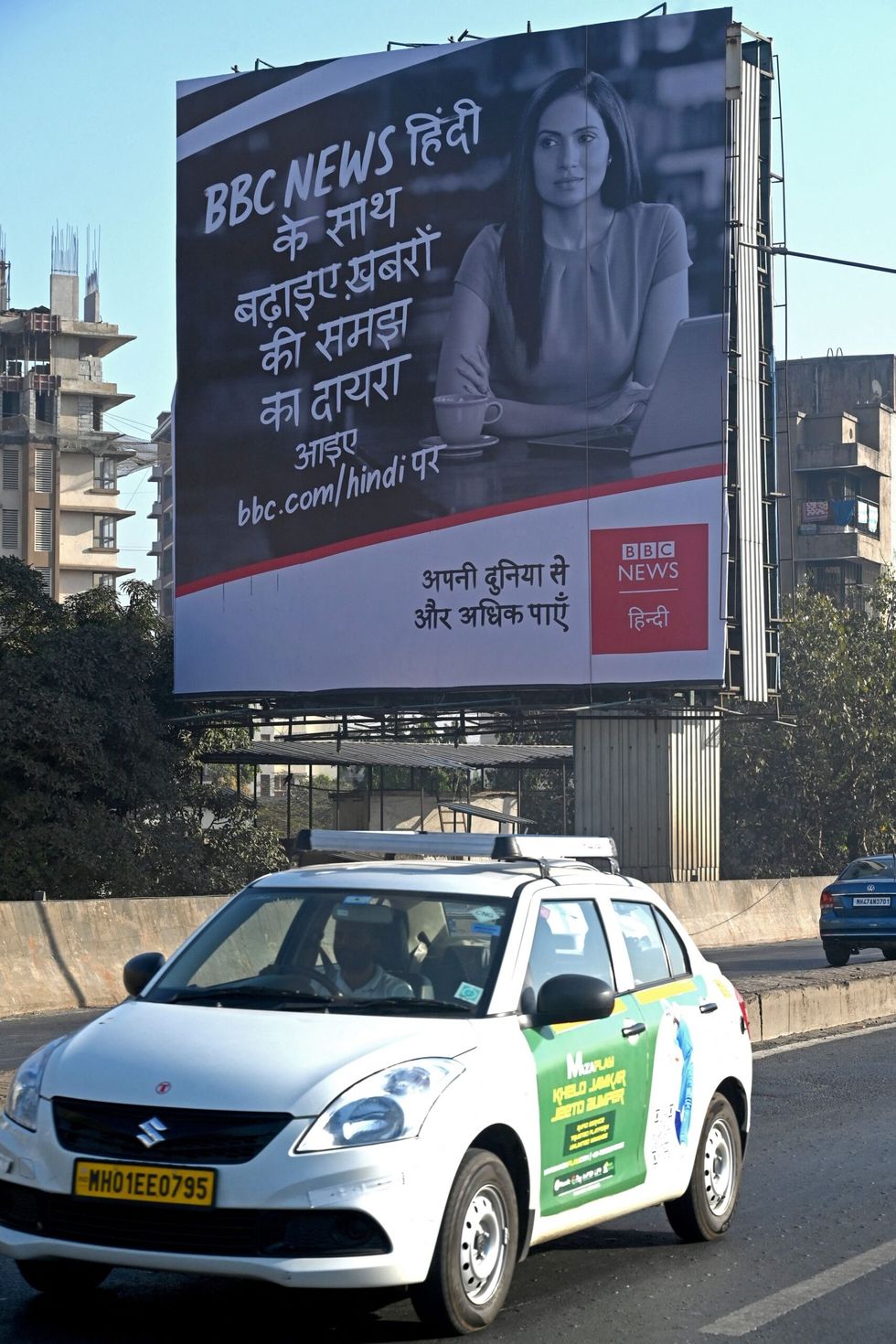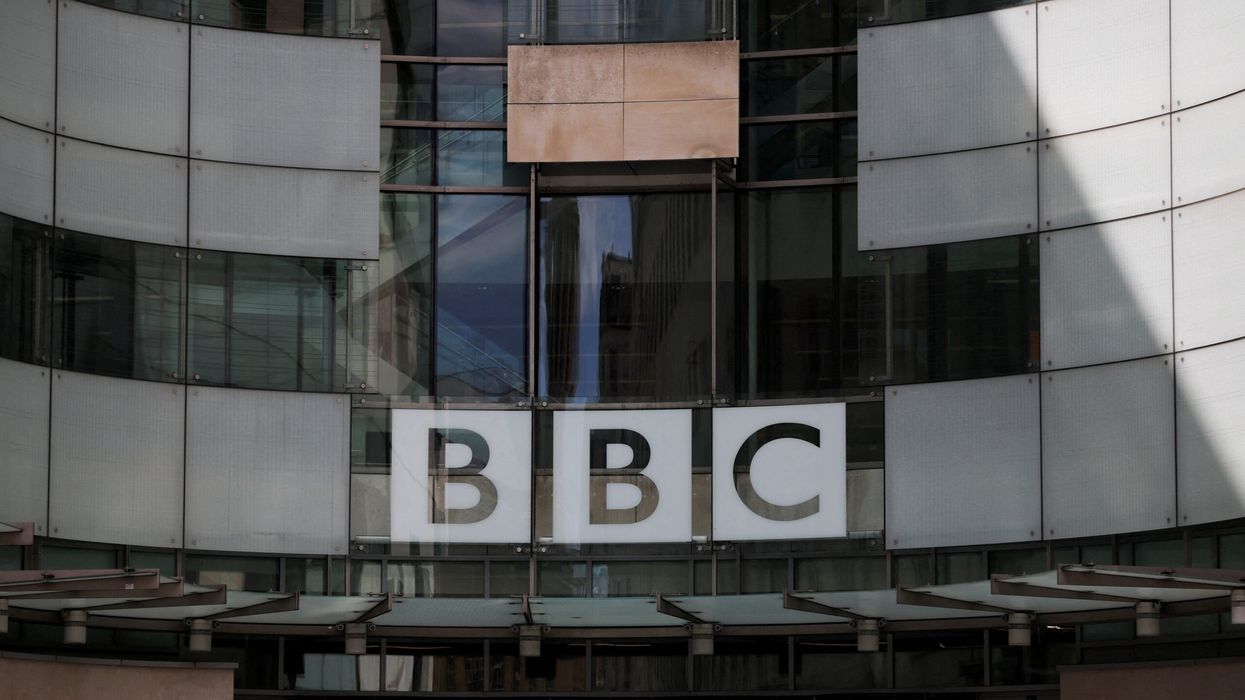The BBC’s restructuring of its India operations to comply with the country’s foreign direct investment (FDI) rules was completed last Wednesday (10) with the launch of Collective Newsroom, an independent entity with the public broadcaster as its first client.
The Indian-owned company replaces BBC World Service India and will continue to provide language-based content.
As part of the restructuring, the BBC will retain its newsgathering team in India for its English language digital, television and radio outlets headquartered in London.
The move follows the BBC premises in India facing “surveys” by tax authorities and an ensuing probe by the Enforcement Directorate (ED) over alleged FDI violations in 2023.
“I’m thrilled that Collective Newsroom has officially launched with a clear, ambitious mission to create the most credible, creative and courageous journalism, and with a wealth of experience and talent in our incredible teams,” said Rupa Jha, CEO, Collective Newsroom.
“Audiences will quickly come to know Collective Newsroom as an independent news organisation that leads with the facts, works in the public interest and hears from diverse voices and perspectives,” she added.

The new entity, announced in December last year, would create programmes and content for the BBC as its first client, but is available to make content for other news providers across India and around the globe.
“We exist to serve Indian audiences with innovative and impactful journalism and to cover stories for a global audience. Collective Newsroom is ambitious in scale and editorial output and will deliver premium quality content for our customers across India,” the entity said.
Jha is joined by fellow directors and former BBC staffers Mukesh Sharma, Sanjoy Majumder and Sara Hasan, who have a contract with the BBC to produce content for BBC News Hindi. It will also create and publish journalism for BBC News in six Indian languages: Hindi, Marathi, Gujarati, Punjabi, Tamil and Telugu, as well as in English for the BBC News India YouTube channel, and produce other English content.
In December 2023, the BBC said: “The establishment of Collective Newsroom Private Limited ensures the BBC and Collective Newsroom can meet their shared commitment to Indian audiences and cover stories on India that matter to global audiences. It is in compliance with the Indian FDI”
“Collective Newsroom has been established as an Indian company, wholly owned by Indian citizens, with four existing staff members leaving the BBC to lead Collective Newsroom. These senior leaders have a wealth of editorial and programme-making experience. The BBC will commission Collective Newsroom to produce its six Indian language services as well as Indian digital output and Indian YouTube channel in English for audiences globally,” it said. Under the new arrangement, activity for BBC Monitoring and the BBC’s English language newsgathering operation for global output will remain with the BBC.
BBC News Hindi is the BBC’s language service with the largest audience and in 2023, across all platforms, its weekly reach figure is said to have grown 27 per cent year-on-year.




